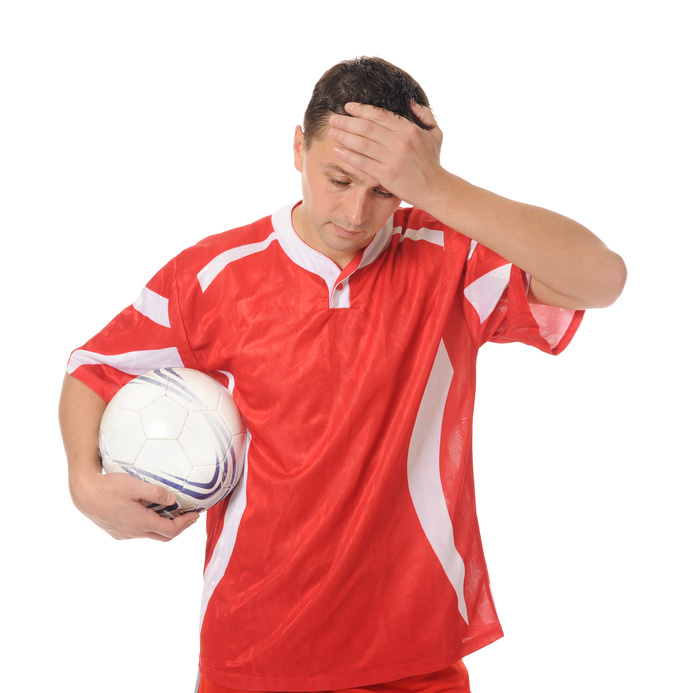Some of the patients I see clinically who are the slowest to return to normal play after a concussion are the ones who stayed in the game after sustaining a head injury. Whether continuing to play makes it more difficult for the brain to begin healing, or the athlete suffers from another head injury before they recover from the first, it seems to slow recovery. The typical scenario I see in this case is an athlete who tells me they were hit in the head during the first game of a tournament but continued to play. Then they were hit again in a later game, or over the weekend, and now have severe concussion symptoms. When I hear this in the clinic, I know we may have a slow recovery ahead.
A new article in the journal Pediatrics1 this September looked at how long athletes were unable to play based on when they were taken out of a game after a head injury. The authors looked at athletes who continued to play then received medical treatment versus athletes who were immediately removed from a game after a concussion. They found that players immediately removed from play on average required less time to recover and returned to their sport faster than those who continued to play. They also found that players who continue to play after head injury were almost 9 times more likely to take greater than 21 days to recover.
The take home message from this study is that if a head injury is suspected an athlete will miss less time in the long run if they are removed from the game to be examined in the short run. Missing a few plays in one game may save someone from missing weeks of play time in the future.
It continues to be important for athletes, coaches, and parents to recognize the signs of a concussion. These could include head ache, foggy feeling, confusion, irritability, slow reaction times, or dizziness. Recognizing these and appropriately removing an athlete form play can help them return to their sport as quickly and safely as possible.
Contact our concussion management team at Freedom if you have questions about safe return to play.
1 Elbin RJ, Sufrinko A, Schatz P, French J, Henry L, Burkhart S, Collins MW, Kontos AP. Pediatrics. 2016; 138(3):e20160910 [Epub ahead of print]


Great information for parents to be aware of, thank you!